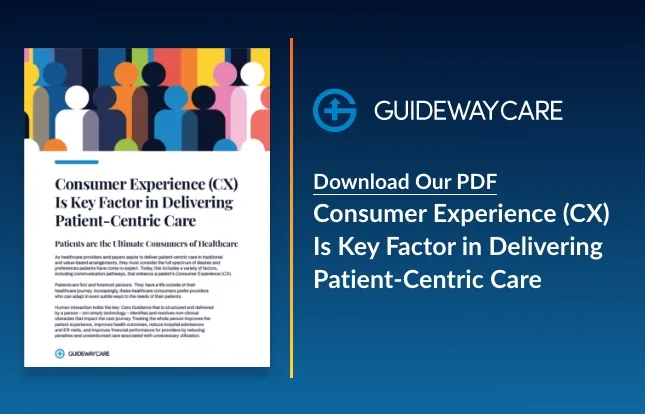Biggest Benefits of Patient Retention

When it comes to maintaining proper health of your patients, you want to do everything to keep them coming back. This is where patient retention comes into play. The Centers for Medicare and Medicaid Services (CMS) defines patient retention as “the number of active patients who remain in a practice’s care over a specific period.”
Read more: Patient Satisfaction in Healthcare: What It Is, Why It Matters & How to Improve It.
Patient retention can be incredibly beneficial for your practice, boosting profits and ensuring customer satisfaction.
Here are the most significant benefits of patient retention:
1) Revenue Consolidation
Patient retention helps keep revenue in your practice and create a steady income stream. Existing patients are more loyal and can provide repeat business, boosting your practice’s bottom line. Finding new patients can be costly, so retaining the ones you already have provides stability to your organization.
Some ideas to repeat business and loyalty include:
a) Create a Lasting First Impression: Make sure every patient feels welcomed and valued.
b) Implement Patient Rewards Programs: Consider loyalty programs and gift cards to reward your patients for their continued patronage.
c) Collect Reviews & Testimonials: Ask your existing patients to leave feedback on your services, and use it to attract more customers.
2) Improved Practice-Patient Relationships
Establishing solid relationships with your patients leads to long-term loyalty and improved overall satisfaction. This can be fostered by ensuring your staff are friendly and attentive to patient needs and taking time to get to know each individual. Knowing patient history and decisions and offering personalized care and recommendations can help build trust.
For example, oncology care can benefit significantly from patient retention and improved relationships. Knowing medical histories, treatment preferences, and lifestyle habits can help provide the best-individualized care for each patient.
3) Minimum Service Costs
Patient retention minimizes the costs associated with attracting new patients. It may cost five times as much to acquire a new patient than it does to retain an existing one, so retaining current patients is often more cost-effective. If a patient’s health plan involves annual screenings or check-ups, regular visits will help reduce medical expenses over time as well.
This is helpful for specialty services cancer centers and orthopedic practices in particular. When patients are returning to the same practice, there is less need for costly referrals and additional tests that come with seeing a new provider.
4) Enhanced Image and Reputation
Happy and loyal patients are a source of free advertising. They can generate more referrals to your practice for new patients, increasing customer loyalty and providing positive feedback about your healthcare services. Furthermore, by offering excellent patient care, your organization will be an expert in the field that can provide quality treatment.
Building a solid brand image focused on patient satisfaction can go a long way in maintaining the current patients and attracting new ones.
5) Improved Financial Performance
Retaining existing patients saves you the time and resources it takes to bring in new ones. Having loyal customers allows your healthcare practice to achieve financial stability while reducing marketing costs. This should ultimately result in higher profits and more money for reinvestment in other areas of your business.
Patient retention is key to any successful medical or healthcare practice or organization. Retaining patients helps you form long-term relationships with them and build a loyal client base that can help drive revenue and future success. Contact Guideway for the best patient retention programs and services. Our guidance program will help your practice get the most out of patient retention.
Contact Us Today To Learn How We Can Help
"*" indicates required fields




